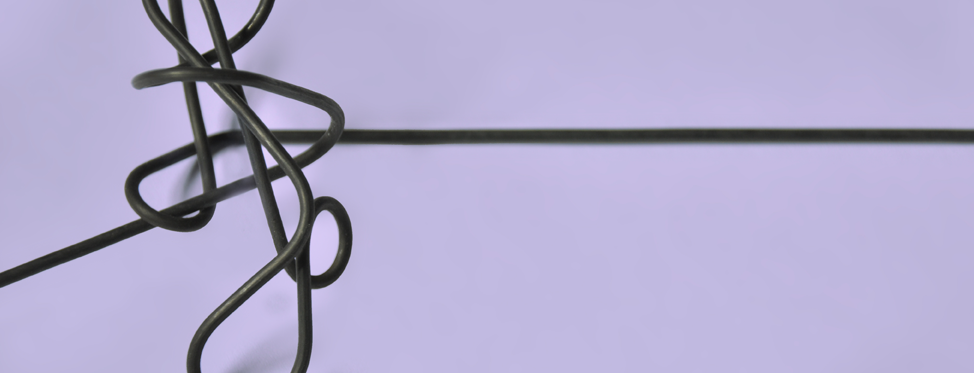- 03/2022
The Max Planck Society and IOP Publishing (IOPP) have established a new, unlimited, transformative open access (OA) agreement. The three-year agreement lifts all limitations for Max Planck authors, enabling them to publish all of their articles accepted for publication in IOPP’s full portfolio of 18 fully OA journals and 56 hybrid OA titles openly, with no author-facing article-processing charges.
Thanks to this agreement, the new research produced by the Society's scientists, selected and peer reviewed in IOPP journals will be freely and immediately accessible to scholars everywhere.
The new agreement makes it easier for Max Planck authors to publish open access, as the Max Planck Digital Library (MPDL) covers OA publishing fees centrally, omitting the need for authors to validate the availability of OA publishing funds. Additionally, the new agreement extends all previous reading rights to IOPP journal content.
Julian Wilson, Sales and Marketing Director at IOP Publishing says: “Continuing our valued partnership with the Max Plank Society supports our vision of making universal access to physics research a reality. We know that these agreements encourage greater uptake of OA publication. In fact, in 2021, 65% of research from authors affiliated with the Max Planck Society was published OA with us. We now have transformative agreements with 242 institutions in 14 countries and see them as key to accelerating the open access transition. We will continue to proactively secure these agreements in an inclusive and equitable way.”
Ralf Schimmer, Head of Information and Deputy Director of MPDL says: “IOPP is one of the ten most relevant publishers for Max Planck scientists, in terms of where they choose to publish their articles. Through this new agreement, the Max Planck Society can provide authors with the opportunity to reach the broadest possible readership for their articles and fully implement its OA2020 strategy, repurposing former subscription fees to support open access publishing, thereby contributing to the broader open access transition in scholarly communication.”











